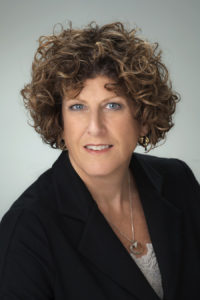First aid for mental health
November 6, 2020Just like CPR can assist a person who’s having a heart attack, mental health first aid is emergency care for those with panic attacks, anxiety, depression or even suicidal thoughts. Given today’s stressful times, emotional well-being is more important than ever, according to counselor Kandy Hirsch (in photo), guest speaker for Capital Rotary’s Nov. 4 Zoom meeting. She said about 1 in 5 persons face a mental health challenge in any given year, but less than half will seek help, primarily because of the stigma associated with psychiatric problems.
Mental health first-aiders can offer comfort in an action plan that:
(1) approaches and assesses for risk of suicide;
(2) listens nonjudgmentally;
(3) gives reassurance and information;
(4) encourages appropriate professional help; and
(5) encourages self-help and other support strategies.
Hirsch said the mental health first aid movement began in Australia about 20 years ago and came to the U.S. in 2008. To date, more than 2.5 million people in communities across the country have been trained in the program through a network of 20,000 certified instructors like her. Mental health first aid teaches about recovery and resiliency – the belief that individuals experiencing these challenges can and do get better, and can use their strengths to stay well.
Hirsch suggested these self-help steps for anyone feeling “on edge” currently:
- Take time to disconnect from technology like social media, TV and the internet.
- Watch your feelings and “name” them to know them better.
- Bring yourself “back to center” by pausing to take one deep breath several times a day.
- Use relaxation and meditation apps.
- Engage in physical activity and movement.














